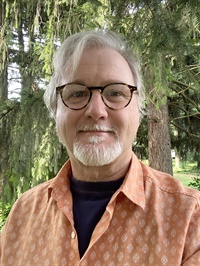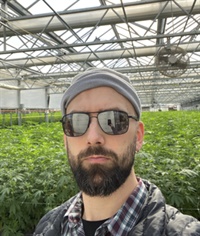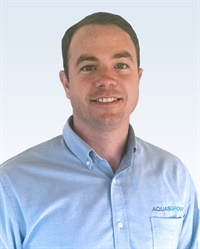
Resource efficiency and profitability are not mutually exclusive. The right design, construction, and equipment can produce a cannabis facility that responds to the market, optimizing yield when prices are high and generating normal yields at reduced operational costs when they are not. Likewise, grow rooms within the facility can achieve a spectrum between these two outcomes, aligning yield with expected price of a given set of strains. A better understanding of plant balances and physics has led to a new generation of greenhouse control using thermal curtains, diffusion shade curtains and feed forward lighting. Understanding vapor pressure deficit can greatly reduce energy costs once the grower understands the interaction between light, temperature and enriched CO2. Despite the additional capital expenditures of water recirculation, growers report an ROI of just 2-3 years due to fertilizer savings, while fulfilling the promise of >90% water consumption than field production.
Topical areas include:
Renewable energy sources and interval metering
Saving energy with shade and thermal curtains
VPD-based control
Yield response to light
Strategies for reducing peak loads
Flower quality response to light spectrum
CO2 enrichment for replacing high light and heating
PowerScore benchmarking and best practices

| NY State Efficient Yields: Energy & Water Efficiency in Controlled Cannabis Cultivation (17.5 MB) | Download | ||

Paul joined Svensson in 2022 as the Greenhouse Climate Consultant responsible for the United States and Canada.
Paul graduated from Penn State with a specialized degree in Ag Sciences called BioRenewable Systems; an applied major that intertwines the study of engineering technology, natural resources, and agriculture with fundamentals of business, entrepreneurship, and management. For the past five years, Paul has been exploring different positions in agriculture to develop a hands-on understanding of what it takes to get crops from seed to the store for plant-loving customers. He has done just about every job in the field and in the greenhouse.

Rob has over 30 years of experience in plant growth facility management, plant research and commercial production. At Purdue University, he brought online and managed a computer- controlled 40,000 ft 2 research facility, made up of 25 greenhouses and over 60 growth chambers and grow rooms. He was responsible for hundreds of CEA studies involving flowering, food and medicinal species. He served on design teams for greenhouse projects and one of the first automated machine-vision phenotyping centers in the country. In his consulting role, he supported major hydroponic produce growers AeroFarms and Bright Farms; Big Ag companies Dow AgroSciences, Novozymes and Indigo Ag; and several cannabis operations including Clade9. He wrote cultivation plans for cannabis licenses awarded in Missouri and West Virginia.
Rob’s protocols for optimizing greenhouse production have been downloaded over 70,000 times in 104 countries. He participated in the publication, A Practical Guide to Containment: Plant Biosafety in Research Greenhouses, recognized throughout the world as a primary resource for safe production of genetically modified crops. In 2016, he was a member of the International Committee for Controlled Environment Guidelines that published Guidelines for Measuring and Reporting Environmental Parameters for Experiments in Greenhouse Facilities, the seminal document of quality assurance protocols for plant science research.
In his free time, Rob enjoys gardening, growing microgreens under LEDs, baking and winning croquet matches against his three grown children.

Jason Matlock is a Horticulture Service Specialist at Fluence, a global provider of horticultural lighting and automation technology for the controlled environment agriculture industry. He oversees all cannabis-related product and research grower trials in the Midwest, Central, and Eastern United States. In addition, he represents Voice of Customer in internal decision-making processes and develops educational content for use with both internal and external customers.
Dr. Matlock completed his PhD in Organic Pest Management at Michigan State University in 2018 and holds a Master's Degree in Horticulture from the same institution, as well as a B.S. in Chemistry from Alma College. He possesses expert-level knowledge of agricultural science and statistical analysis of large data sets. His extensive experience in commercial horticulture and craft brewing, both of which share operational and market considerations with the cannabis industry, further enriches his deep understanding of the sector.

Dane Sheldon is the Director of Business Development at AQUASGROUP where he provides industrial grade, integrated water management systems supporting Manufacturing, CEA and Marine industries. Prior to AQUASGROUP, Dane spent ten years working in the Energy Industry on domestic and international assignments in technical, commercial and managerial roles and holds a B.Sc. in Marine Sciences and an M.Sc. in Oceanography. Given his background and AQUASGROUP’s focus on delivering innovative water management solutions including water purification, conditioning, recycling and reclamation systems, Dane is passionate about working with clients to optimize their water management strategy across technical, commercial and sustainability metrics. Based in Rhode Island, he uses his free time to get outdoors, improve his cooking skills and spend time with his wife, daughter and two dogs.